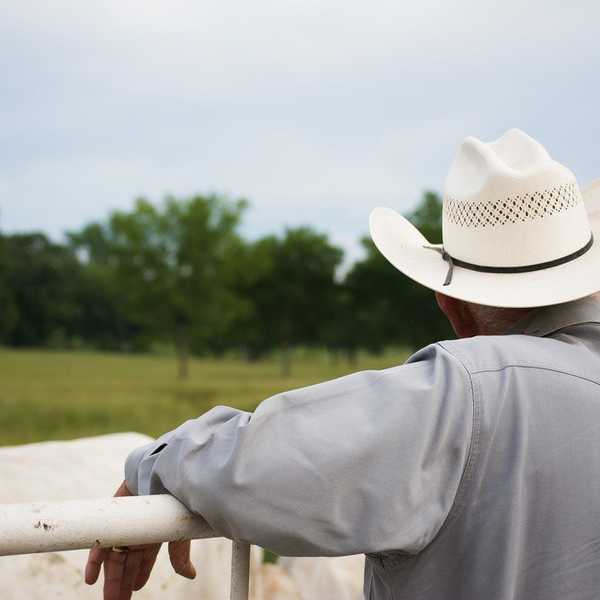Like many, I have been recently following the news about the horrific mass shooting at the Pulse Orlando night club. I have also been reading and listening to the subsequent calls for increased gun regulation that seem to follow every violent shooting in the United States. While I agree with gun regulation, as responsible gun owners should not have an issue with completing a background check, I believe that advocates of stricter gun laws are missing a key factor that is common in most of the recent shootings in America. Recent gun violence in America has been motivated by an inherent intolerance for a group of people somehow different than the shooter, whether the motivating factor be race, religion, sexual orientation, etc. For example, on June 15, 2015 Dylann Roof, a believer in white supremacy, opened fire on a historically black Christian church in Charleston, South Carolina. The San Bernardino shooting on December 2, 2015 was a terrorist attack based on the beliefs of Muslim extremism. Furthermore, the Pulse Orlando club was a well-known gay club, and it has been speculated that the perpetrators were intending to send a message regarding their disagreement with what the establishment was promoting. The problem in America is not guns; it is an ignorance of diversity and a hatred of those perceived as different.
Those opposed to gun regulation and those who support it both attempt to compare the United States to other countries with stricter or looser firearm laws and cite statistics regarding gun violence in those countries. For example, Second Amendment activists argue that guns are not problematic by citing Switzerland, where almost fifty percent of the population owns guns yet the crime rate is the among the lowest in the world. On the other hand, advocates of firearm regulation use Canada as their example, where gun laws are much stricter and death rates by firearms are significantly lower than in the United States. These arguments, however, are obsolete, as they ignore the fact that the United States is much larger and much more racially, religiously, and culturally diverse than almost every other country in the world. This diversity, though it makes America unique and beautiful in its own way, has been the motivation for tensions and bloodshed throughout all of American history. In school, we learn about this history. We memorize the major battles of the Civil War and we read biographies on the leaders of the 1960s Civil Rights Movement. Though these lessons are important, they are not interactive or discussion-based and they ignore the modern issues that still impact our world today.
Personally, I only remember learning about different religions in school for a brief unit in my sixth grade social studies class. It wasn't until my senior year of high school when I took a one-semester elective called Contemporary Issues that I finally had the opportunity to have in-depth discussions about modern issues, learn about different cultures, and look at the world from multiple different perspectives. This class was not even part of the core requirements; it was an elective that I took only because it interested me. Until we as a nation begin to, from a young age, educate ourselves on the different types of people who make up our population, develop empathetic relationships with our fellow citizens, and learn to respect each individual simply because they are a human being, we will not know peace. These changes begin not in gun regulations but in opening our hearts and minds to new ideas and perspectives.





















